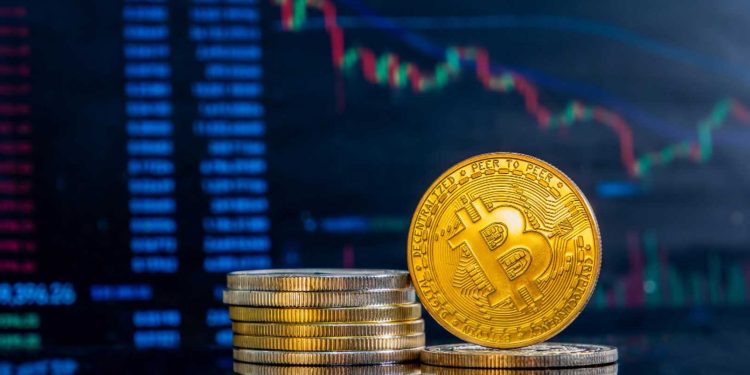South Korea has finally lifted its seven-year ban on designating virtual asset firms as venture businesses. The policy reversal opens long-awaited benefits for blockchain startups, but questions remain over the timing itself. With global crypto hubs have already been moving ahead during Korea’s restrictions, the decision sparks debate on whether the country can still build competitive ground in a sector it once sidelined.
Government Decision: Venture Ban on Virtual Assets Lifted After 7 Years
Starting from September 16, South Korea allows businesses engaged in virtual asset trading and brokerage to qualify as venture firms. The change comes through a revision of the Enforcement Decree of the Special Act on the Promotion of Venture Businesses, passed at a recent Cabinet meeting.
The Ministry of SMEs and Startups had restricted the sector since 2018, effectively classifying virtual asset exchanges alongside gambling and entertainment facilities. With the revision, blockchain-based trading and brokerage is no longer treated as a restricted industry.
Virtual Asset Firms: From Restricted Sector to Policy Shift in South Korea
Until now, the list of restricted sectors included nightclubs, gambling facilities, and dance halls — industries regarded as socially harmful. By association, the government long placed virtual assets in the same category, signaling distrust of the sector’s legitimacy.
Yet, that stance has now shifted, even though the timing has drawn quite a criticism. During the restriction years, major domestic exchanges such as Dunamu (operator of Upbit) and Bithumb scaled far beyond venture status. Dunamu became part of Korea’s designated large business groups in 2022, ranking 36th in assets according to the Fair Trade Commission, while Bithumb entered the top 100 in 2025 at 90th. Both companies had their venture certifications revoked earlier, reflecting the uncertainty of past policy approaches.
Relief Mixed with Regret on Korea’s Lifted Ban of Virtual Asset Firms
Industry voices acknowledge the positive change but express concern over missed opportunities.
An unnamed industry representative noted:
“Some smaller virtual asset firms, which technically should not have been restricted from applying for venture status, may now restore their reputations. But granting growth opportunities only after the market has already matured raises doubts about whether the ministry is truly committed to fostering a competitive venture ecosystem.”
Winners, Losers, and Global Catch-Up for Korean Startups
The firms most likely to benefit now are not the leading exchanges but mid-sized players and blockchain infrastructure startups. Custody provider Infinite Block, along with blockchain infrastructure companies DSRV and Happy Block, are positioned to regain or secure venture certification after previous rejections.
For such startups, venture designation provides clear advantages:
- Up to 50% income and corporate tax reductions for five years if recognized within three years of founding.
- Local tax reductions on real estate acquisitions within four years.
- Easier access to financing through the Korea Technology Finance Corporation.
- Lower hurdles for IPO review and talent acquisition.
- Smoother pathways for M&A by larger firms.
Globally, however, the concern is whether Korea has lost ground. While Singapore, Hong Kong, and the United States advanced regulatory clarity and capital formation for digital asset startups, Korea’s restrictive stance may have slowed ecosystem competitiveness. The belated policy shift highlights both opportunities for smaller firms and the risks of regulatory hesitation in fast-moving markets.
What the Policy Change Means for Korea’s Competitiveness
At the end of the day, Korea’s decision to lift the venture ban on virtual asset firms signals a new chapter for blockchain startups. The move will provide overdue financial and structural support for mid-tier and emerging players, potentially enabling them to scale. Yet, the delay raises broader strategic questions: could earlier recognition have positioned Korea as a stronger global hub in digital assets?
For now, the ecosystem gains policy clarity, but the long-term competitiveness of Korea’s blockchain startups will depend on how swiftly they leverage these benefits — and whether the government sustains a consistent, innovation-friendly regulatory approach.
🤝 Looking to connect with verified Korean companies building globally?
Explore curated company profiles and request direct introductions through beSUCCESS Connect.
– Stay Ahead in Korea’s Startup Scene –
Get real-time insights, funding updates, and policy shifts shaping Korea’s innovation ecosystem.
➡️ Follow KoreaTechDesk on LinkedIn, X (Twitter), Threads, Bluesky, Telegram, Facebook, and WhatsApp Channel.






